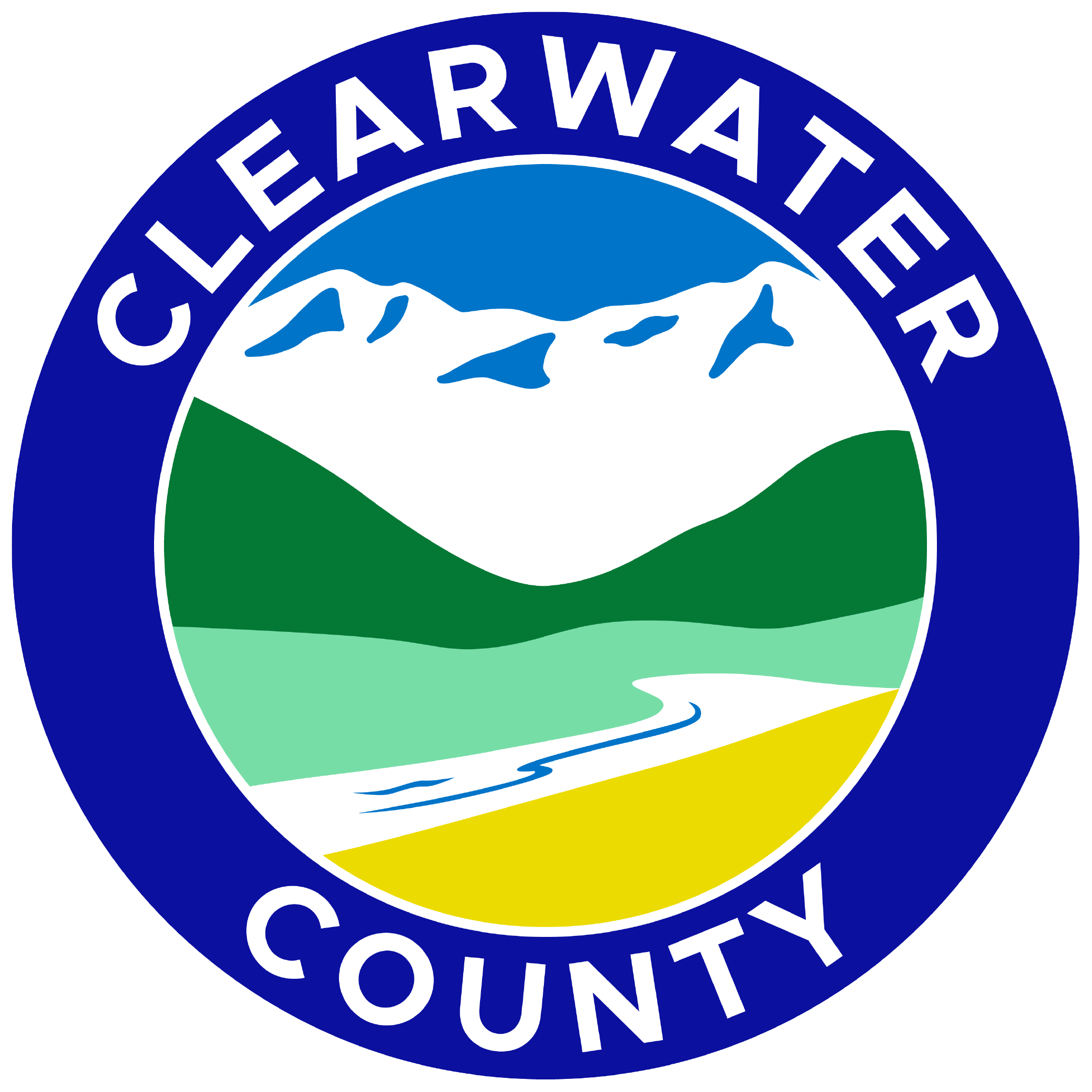List of Upcoming Events and Products
Crop Disease Information Session:
|
Small Ruminant Seminar
|
Ryan Smith Recreation Area (in Leslieville) Ball Diamonds
|
Environmental Farm Plan Workshop
|
Farm Features
|
2026 Conifer Tree Seedling Program
|
Most Recent Ag News Article
March 4, 2026 - Over a Century of Science at Risk
The closure of Lacombe’s Research and Development Centre raises alarms for Canada’s agriculture future.
Alberta’s agriculture research sector is taking a massive blow as the Federal Department of Agriculture has announced the closure of the Lacombe Research and Development Centre. However, the Lacombe Centre is not the only facility facing this tragedy, two other centres in Guelph and Quebec City, plus four satellite research farms in Nappan, N.S., Scott, Sask., Indian Head, Sask., and Portage la Prairie, Man. Amidst these closures, Agriculture and Agri-Food Canada (AAFC) says they will continue to operate 17 research centres nationwide and conduct agriculture research in every province.
The Lacombe Centre opened in 1907, operating for 119 years, and has been one of AAFC’s network of 20 research centres. The Lacombe Centre focuses on enhancing economic stability and reducing the environmental impact of livestock production systems through a number of different research projects.
The Lacombe Centre is a hub of crop science research with key topics such as plant breeding, integrated crop protection, and the development of the best agronomic practices.
The centre focuses on research in support of the Canadian fresh meat processing sector in supplying safe and quality meat, predominantly beef and pork. The livestock research area has seen many changes in its 119 years of operation, shifting from a broad varying degree of animals like emus, ostriches, bison, and sheep to mainly focusing on swine and cattle.
The closure is a result of government budget reductions and an attempt at cost savings. The closure affects 112 people, including 22 researchers at the Lacombe Centre alone. The AAFCs work force will be reduced by approximately 665 positions and notices were issued to 1,043 affected employees.
These closures have outraged many industry partners, research collaborators, producers, and the public. Lacombe City Council made a statement urging the federal government to pause the decision and carefully reconsider the consequences. Lacombe’s mayor, Thalia Hibbs, issued a statement about the effects of job losses on families and expressed her concerns with the human and economic toll this will take on Lacombe (Red Deer Advocate, 2026). Thalia Hibbs also added that this decision represents a step backward in time and does not align with the importance of agriculture innovation, food security, and resilience.
An alarming concern in the loss of the research station is the current trial program that helps keep Canada at the top of global agriculture production. This is especially concerning the MPs of Ponoka-Didsbury area who took to social media to express their disappointment. Blaine Calkins, MP for Ponoka-Didsbury, stated “this station has served the interest of farmers and producers, agribusiness and Central Alberta’s broader scientific community for decades. A trailblazing organization in our community for 119-years, now closing because of this governments’ radical anti-rural agenda.”
The wind-down of scientific operations requires a careful decision process which could take up to 12 months, therefore, the extent of the impact of the closure could come with delays. The City of Lacombe has been open about their choice to engage with both federal and provincial representatives to advocate and support the recognition of the importance of this site. Lacombe County officials and the City of Lacombe are urging the public to voice their concerns to the Canada Minister of Agriculture and Agri Food. The Lacombe Mayor and Lacombe County Reeve are set to speak with the House of Commons Standing Committee on Agriculture and Agri-Food in Ottawa in the very near future regarding the impacts this closure has.
The closure of the Lacombe Research and Development Centre marks more than the loss of a few facilities. It signals a troubling shift in how agricultural innovation is valued in Canada. Lacombe’s Research Centre has shaped the future of livestock research, sustainable agriculture practices, and crop sciences. It aids in the betterment and strengthening of global competitiveness of Canadian agriculture.
These budget cuts dismantle the legacy, creating long term issues with food security, rural economies, and scientific advancement. With communities, industry leaders, and elected officials raising their voices, the coming months will determine whether this decision stands or whether the federal government will reconsider before a vital pillar of Canadian agriculture is lost for good.


